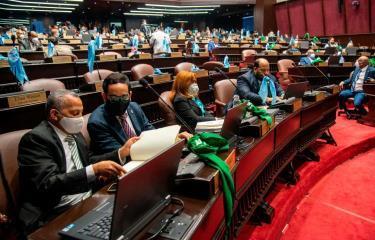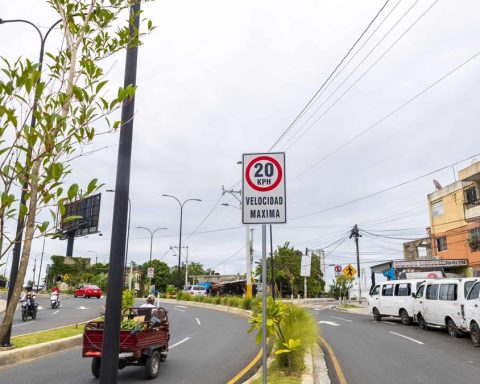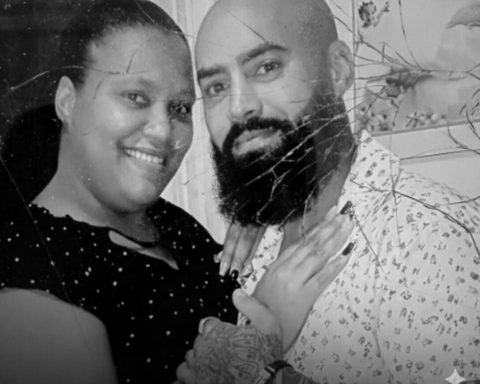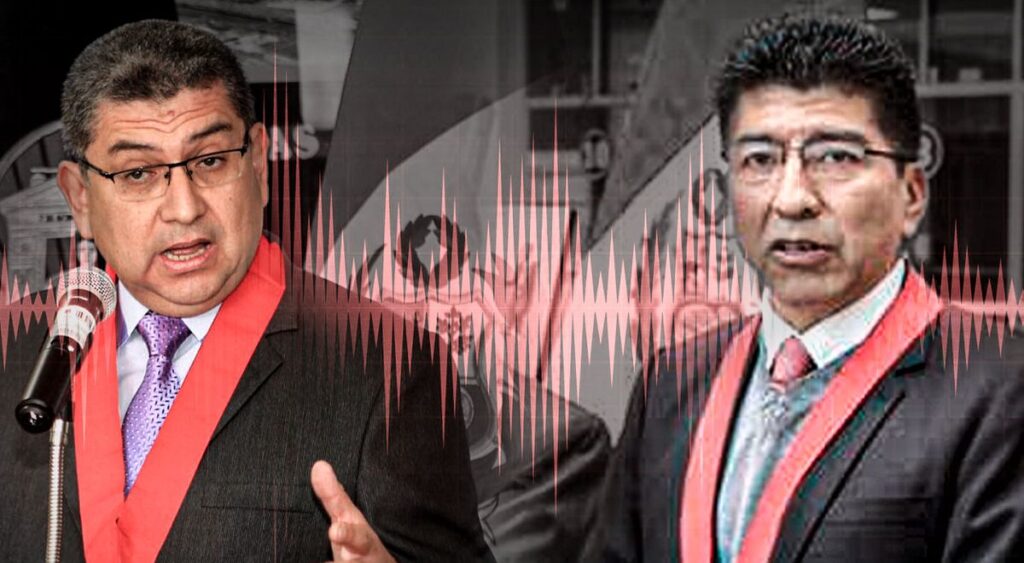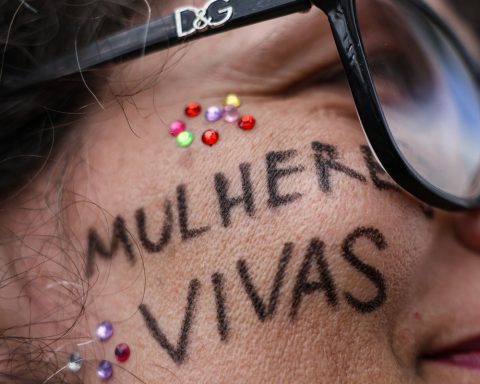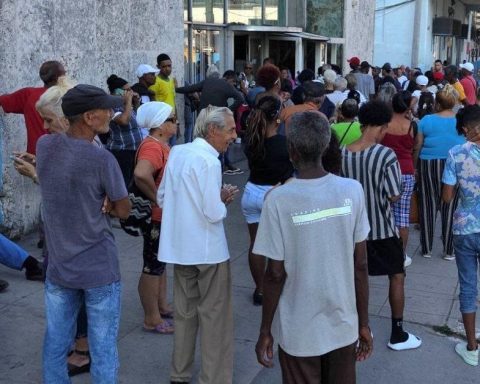There are preparations so that in a period of approximately one month consensus can be achieved to approve in the Chamber of Deputies the controversial project to amend the Penal Code.
The piece, which is being studied and whose approval was left on the table, could expire in the present ordinary legislature that ends on July 26, but there is another current proposal by deputies who are against the abortion that will remain in force, although it has not been sent to committee, so it could not be known.
Intentions to reach agreements were revealed to Free Journal by the president of the Chamber of Deputies, Alfredo Pacheco; the president of the Permanent Commission of Justice of that hemicycle, Alexis Jiménez; and the spokesmen of the blocks of deputies of the People’s Force, Rubén Maldonado, and the Christian Social Reformist (PRSC), Rogelio Alfonso Genao Lanza.
“A consensus is being reached and working with optimism with the purpose of reaching a happy ending before the end of the legislature,” Pacheco told Diario Libre.
While Alexis Jiménez assured that the “Criminal Code is not dead” and that the Permanent Commission of Justice of the Lower House, as it knows that it is a country issue, “has been working with some congressmen in order to reach consensus.”
He declared that it is possible that Pacheco, before concluding this legislature, put the bill on the agenda for approval.
He reported that the Permanent Justice Commission will meet next week to address the issue.
In this regard, the spokesman for the block of deputies of the People’s Force, Rubén Maldonado, revealed that the issue of Penal Code was approached by the president of the Chamber of DeputiesAlfredo Pacheco, during the penultimate meeting of the coordinating commission.
He confirmed that “the president of the Chamber of Deputies dealt with the subject of Penal Code. We discussed the issue of important projects that were still in the (National) Congress”.
He revealed that in that conversation, among the members of the coordinating commission of the Chamber of Deputiesagreed to seek a consensus among the different political forces and among the actors “conservatives” and “liberals” to address the point that divides the deputies, which he argues is the discrimination based on sexual orientation.
He argued that the three causes that would allow the abortion they are knowing each other separately and recalled that this decision came about as a result of his suggestion to “unlock” the approval of the Penal Code.
However, Maldonado said that on one occasion the Modern Revolutionary Party (PRM) did not have the political will to approve that piece, contrary to what it claims is the position of the People’s Force, because it wants that new legal system to be quickly approved. .
When asked if the People’s Force was in favor or against criminalizing the discrimination by sexual orientation, Maldonado stated that this is an issue that must be discussed. “We are going to work so that it does not perish. We have a month left,” she concluded.
He insisted that he knows that steps are being taken to achieve consensus.
While the spokesman for the block of deputies from the PRSC, Rogelio Alfonso Genao Lanza, admitted that there is an intention to approve the Penal Code and said that Jiménez is trying to reach agreements with opposing sectors.
“There is an intention to approve the Code. Alexis Jiménez, president of the Justice Commission, seeks to reach an agreement between the sectors in conflict, which he believes will be achieved next week.
without much expectation
However, the PLD deputies Víctor Suárez and the independent José Horary Rodríguez, both members of the Permanent Commission of Justice of the Lower House, do not seem to have many expectations regarding the approval of the Penal Code.
In the case of Suárez, he believes that it has been demonstrated that there is no political will to approve it neither in this nor in future ordinary legislatures.
He stressed that loans and the creation of a province and other initiatives are very easily approved.
He revealed that the Permanent Commission of Justice after the last impasse in the approval of the Penal Codealthough it was agreed to seek consensus, the few times it has met it has not dealt with that issue.
In this regard, deputy José Horary Rodríguez affirmed that in order to build a consensus, the parties have to be willing to give up something in exchange for gaining something else.
He considered that “in the consensus that is being sought, they only want one party to give up everything and the other to win everything and that is not consensus, that is imposition.”
He said that it was not true that the only controversial issue was the discrimination by sexual orientation and cited among the aspects of greatest divergences the decriminalization of abortion, the prescription of prosecution for the crime of corruption, the so-called “pela” or “violent” discipline in the home and that churches are exempt from criminal liability.
two initiatives
The project to modify the Penal Code object of study and whose approval remained on the table has a favorable report with modifications dated January 5 of the current year. Just one day after being referred to committee.
The initiative will serve two ordinary legislatures, so if it is not approved on July 26, it will perish.
Other bill of Penal Code was deposited in the Chamber of Deputies on March 15, but it has not been referred to committee so it could not be known. It is a piece deposited by the perremeísta deputy Shoraya Suárez, secretary of the board of directors and 11 other deputies, who favor that the abortion not be decriminalized and that the discrimination by sexual orientation.
